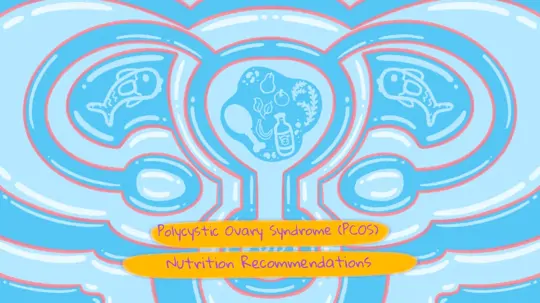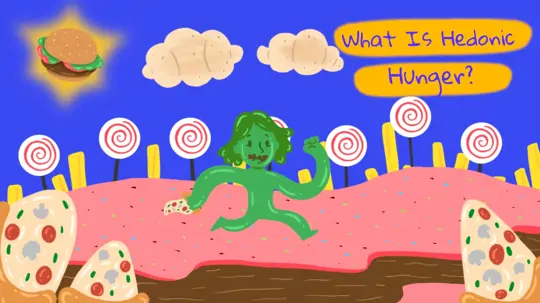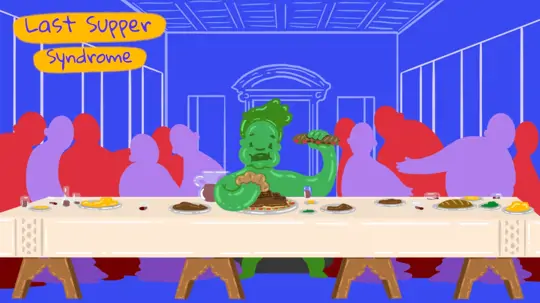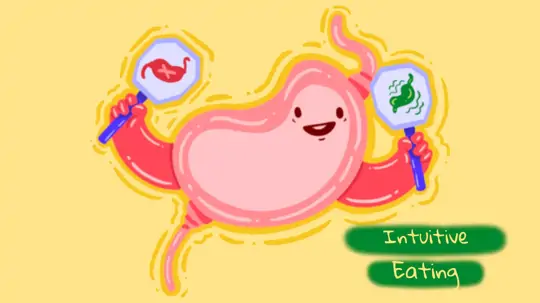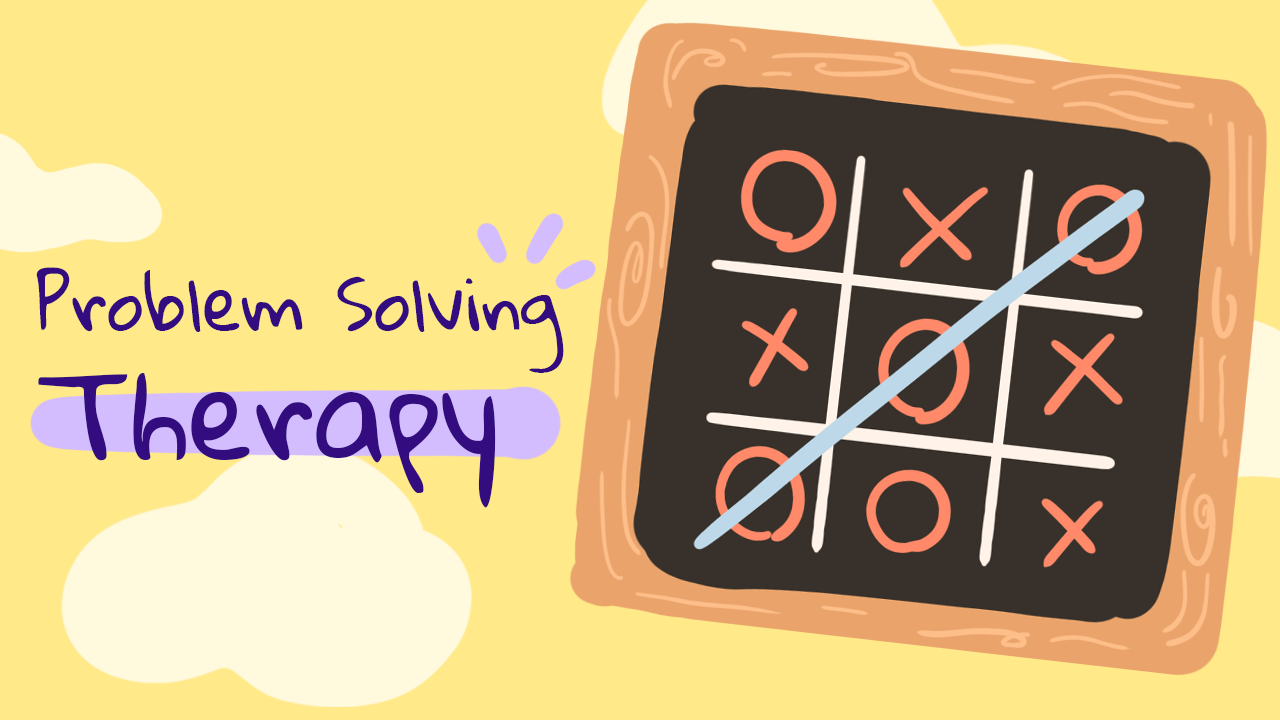
Start feeling better today!
Connect with your therapist today and take control of your life like our 850.000 happy clients.
Get StartedWhat is Problem-Solving Therapy?
Problem-Solving Therapy is an evidence-based, short-term, solution-oriented psychotherapy approach used to treat psychological problems that arise as a result of people struggling to solve problems in their daily lives.1.
The main goal of a therapist who uses Problem-Solving Therapy is to teach clients about the different ways people react to problems and obstacles, as well as the techniques and plans they can use to get past these problems and obstacles.1, 2.
In this way, clients are helped to deal with problems they already have, and their behavioral and cognitive skills are improved to keep them from having problems in the future.1.
How Does Problem-Solving Therapy Work and What Does It Mean?
Problem-Solving Therapy says that people have emotional and mental responses or attitudes about problems1, 3. These are calledproblem orientation, and there are two different kinds of them.
Positive Problem Orientation
Individuals with positive problem orientation have more constructive and functional perspectives on events. According to research, the following are some of the personal characteristics of people who have a positive problem orientation:1, 3, 4:
- They recognize problems and do not ignore them.
- They understand that no one is exempt from problems and that they are an inevitable part of life.
- They attribute their problems to the right people or things.
- They turn a problem into an opportunity and learn lessons that will help them in the future.
- They think that problems can be solved.
- They believe they have the skills to overcome problems.
- They know that it takes time and effort to sort things out.
- They are determined to find solutions to problems.
Negative Problem Orientation
People who have a negative problem orientation, on the other hand, have more destructive and dysfunctional attitudes. The following are some of these people's characteristics: 1, 3, 4:
- They blame the wrong people and things for the problems they have.
- They either can't see problems or try not to.
- They see problems as threats to themselves.
- They are not optimistic because they think it will be hard for them to solve the problems.
- They don't use their own skills to figure out how to solve problems.
- When things go wrong, they give up easily and get frustrated.
There are also problem solving styles based on individuals' attitudes or problem orientations1, 3. These styles can be divided into three categories:
- Rational Problem Solving Style
- Impulsive/Careless Problem Solving Style
- Avoidant Problem Solving Style
Individuals use their problem orientation and problem solving styles to overcome the big and small problems they face in life1, 3. These are:
- Identifying the problem or problems
- Identifying the problem-solving goal(s)
- Creating potential solution options to the problem
- Identifying the best solution option to the problem
- Implementing the chosen solution option
- Evaluating the application's results and going over the steps taken so far if the problem hasn't been fixed
Although these steps are well-known, the desired results may not be obtained in some situations, or switching from one step to the next may be difficult. At this point, the Problem Solving Therapist assesses the client's problem orientation and problem-solving style and works through all of the steps with the client for the complaints made1, 3.
Even when the client knows what the problem is, they may still have trouble solving it. In these situations, the therapist helps the client learn the skills they need to apply the solution, gives them psychoeducation, and gets them ready to implement the solution during the session1.
Is Problem-Solving Therapy an Effective Approach?
To date, research has shown that Problem-Solving Therapy has significant benefits for a variety of psychological disorders. For example, it was reported in a study of adolescents and young adults that participants who received Problem-Solving Therapy had a significant reduction in the likelihood of depression and suicide, and this effect persisted in a one-year follow-up study5. Similarly, in a study of people over the age of 60, it was discovered that two out of every three participants benefited from Problem-Solving Therapy and experienced a significant reduction in their anxiety levels6.
Many studies have shown that Problem-Solving Therapy is beneficial for various psychological disorders, including numerous personality disorders, post-traumatic stress disorder, aggression, and psychological problems that arise after physical disorders such as obesity, stroke, cancer, and traumatic brain injury. You can browse these studies by using the resources listed below1, 7, 8, 9, 10.
Sources
- Eskin, M. (2018). Problem-solving therapy. Altınordu Publications.
- D'Zurilla, T. J., & Goldfried, M. R. (1971). Problem-solving and behavior modification. Journal of Abnormal Behavior, 78, 107−126.
- D'Zurilla, T. J., Nezu, A. M., & Maydeu-Olivares, A. (2004). Social Problem Solving: Theory and Assessment. In E. C. Chang, T. J. D'Zurilla, & L. J. Sanna (Eds.), Social problem solving: Theory, research, and training (pp. 11–27). American Psychological Association.
- Nezu, A. M. (2004). Problem solving and behavior therapy revisited. Behavior Therapy, 35, 1-33.
- Eskin, M., Ertekin, K. & Demir, H. (2008). Efficacy of a Problem-Solving Therapy for Depression and Suicide Potential in Adolescents and Young Adults. Cognitive Therapy Research, 32, 227–245.
- Beaudreau, S. A., Gould, C. E., Mashal, N. M., Huh, J. T., & Fairchild, J. K. (2019). Application of problem-solving therapy for late-life anxiety. Cognitive and Behavioral Practice, 26(2), 381-394.
- Hopko, D. R., Funderburk, J. S., Shorey, R. C., McIndoo, C. C., Ryba, M. M., File, A. A., ... & Vitulano, M. (2013). Behavioral activation and problem-solving therapy for depressed breast cancer patients: Preliminary support for decreased suicidal ideation. Behavior Modification, 37(6), 747-767.
- Huband, N., McMurran, M., Evans, C., & Duggan, C. (2007). Social problem-solving plus psychoeducation for adults with personality disorder: pragmatic randomised controlled trial. The British Journal of Psychiatry, 190(4), 307-313.
- Perri, M. G., Nezu, A. M., McKelvey, W. F., Shermer, R. L., Renjilian, D. A., & Viegener, B. J. (2001). Relapse prevention training and problem-solving therapy in the long-term management of obesity. Journal of Consulting and Clinical Psychology, 69(4), 722.
- Wade, S. L., Kurowski, B. G., Kirkwood, M. W., Zhang, N., Cassedy, A., Brown, T. M., ... & Taylor, H. G. (2015). Online problem-solving therapy after traumatic brain injury: a randomized controlled trial. Pediatrics, 135(2), e487-e495.
